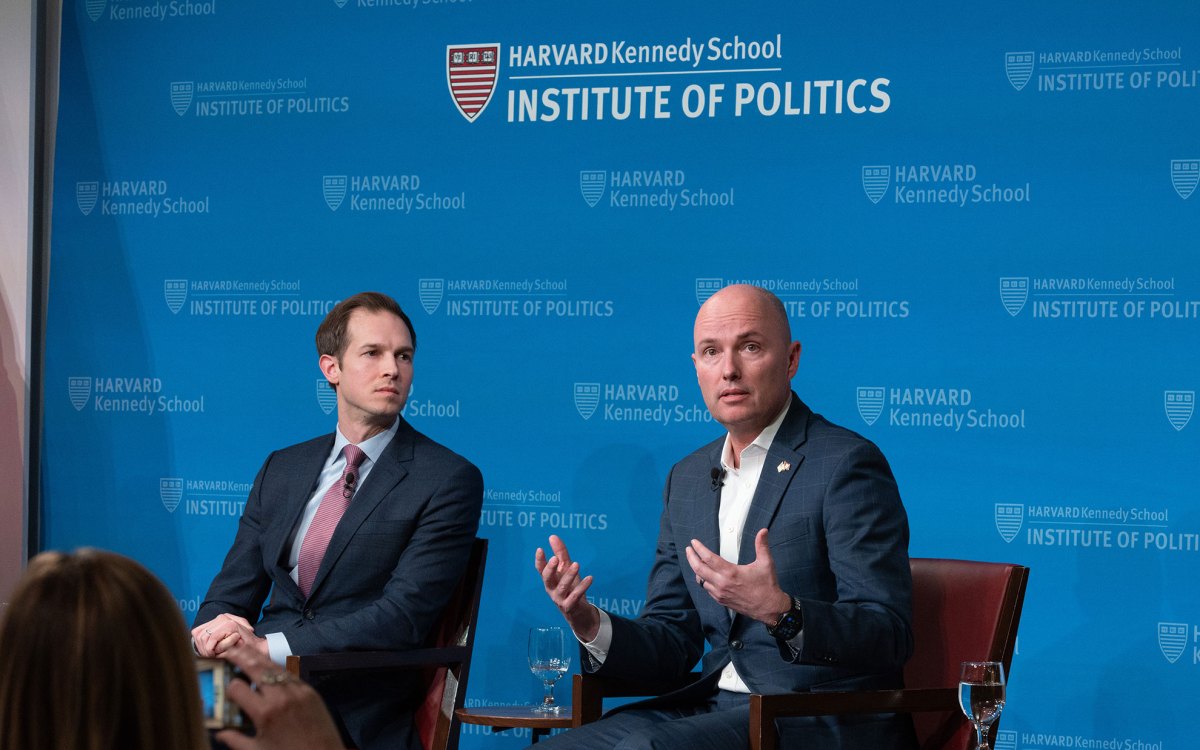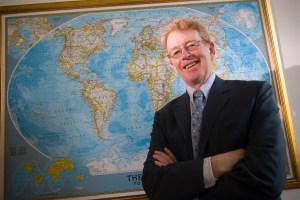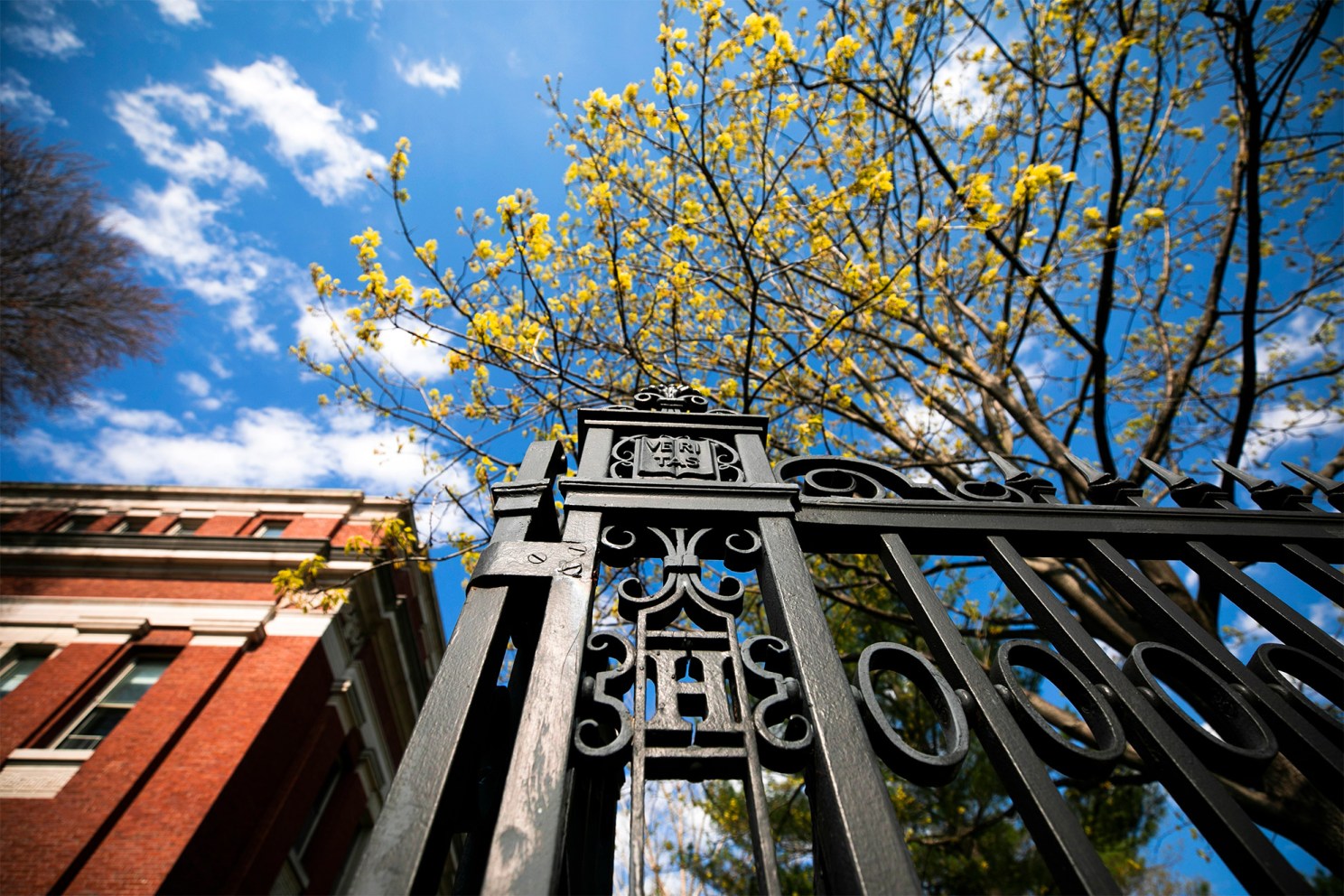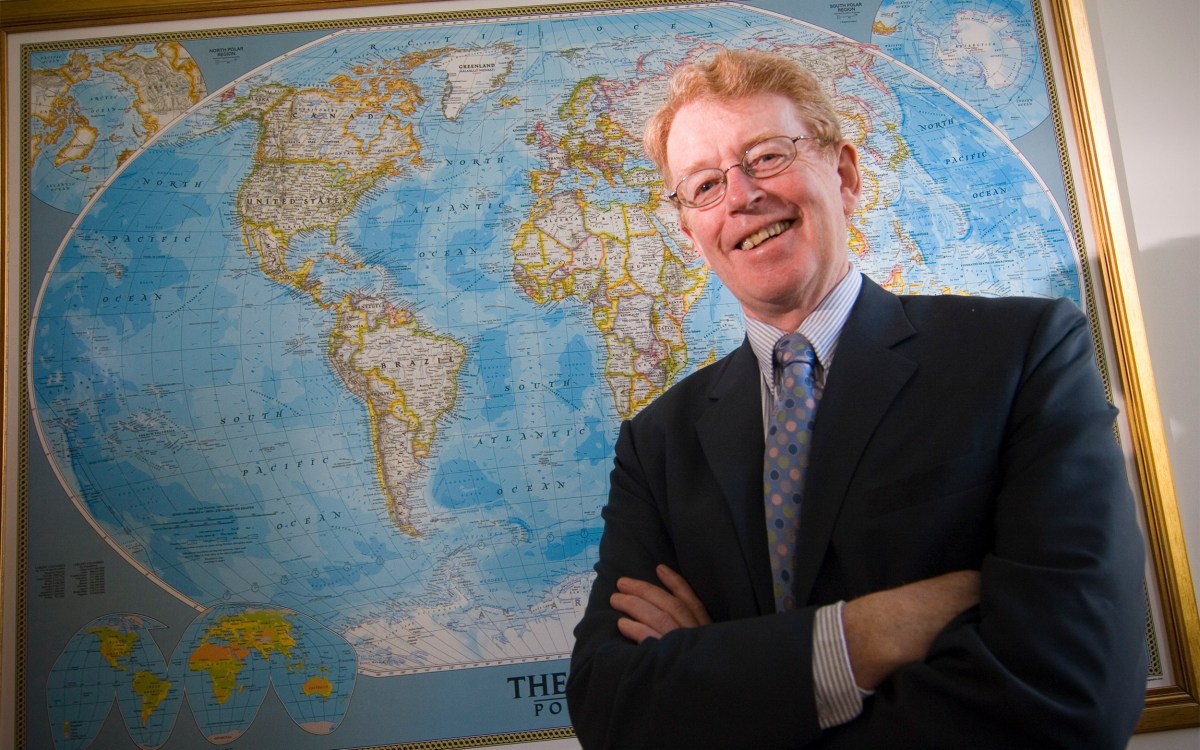Five projects have been selected as the 2025 awardees for the Motsepe Presidential Research Accelerator Fund for Africa, announced by the Office of the Vice Provost for Research and the Office of the Vice Provost for International Affairs, in collaboration with the Harvard University Center for African Studies.
The primary purpose of the fund is to support faculty-led and student-driven research projects that focus on advancing key challenges and opportunities facing Africa. Following the success of the first round of awards made during the 2020–21 academic year, the Motsepe Foundation doubled its commitment, enabling the fund to add projects falling within the STEAM rubric (the application of the arts and humanities to science, technology, engineering, and mathematics research). Now in its fifth year, the fund has garnered interest from faculty across the University.
Mark Elliott, vice provost for international affairs and Mark Schwartz Professor of Chinese and Inner Asian History, remarked on this year’s award cycle: “I am thrilled to see the Motsepe Fund continue to inspire and build lasting research partnerships focused on pressing issues across disciplines.”
“We continue to be impressed with the high quality of proposals received and the breadth of research they represent across our campus” shared John Shaw, vice provost for research, Harry C. Dudley Professor of Structural and Economic Geology, and professor of environmental science and engineering. “I am excited to see the research impacts that no doubt will come from this year’s awards,” he added.
The five projects selected this year for awards from the Motsepe Presidential Research Accelerator Fund for Africa are:
“The Green Corridor Project”
By Maurice Cox, Emma Bloomberg Professor in Residence of Urban Planning and Design, Harvard Graduate School of Design; with coinvestigator Leanne Brady (Harvard Graduate School of Design and Western Cape Department of Health), and collaborators Asha George (University of the Western Cape), Dylan Valley (University of Cape Town), Anna Selmeczi (University of Cape Town), Pedja Stojicic (Harvard Chan School), Justin Steil (Massachusetts Institute of Technology), Xiluva Mbungela (Harvard Graduate School of Design), and Felix Rosen (Harvard Graduate School of Design)
“Nourished Minds: Climate-Smart Agriculture, Sustainable School Feeding for a Resilient Ethiopia”
By Wafaie Fawzi, Richard Saltonstall Professor of Population Sciences and Professor of Nutrition, Epidemiology, and Global Health, Harvard T.H. Chan School of Public Health; with coinvestigators Yemane Berhane (Addis Continental Institute of Public Health) and Hanna Berhane (Addis Continental Institute of Public Health), and collaborators Sachin Shinde (Harvard Chan School), Walter Willet (Harvard Chan School), Robert Paarlberg (Faculty of Arts and Sciences), Ramadhani Abdallah Noor (UNICEF), and Fernando Miguel Reimers (Harvard Graduate School of Education)
“The Impact of AI Innovation on African Firm Productivity”
By Asim Khwaja, Sumitomo-FASID Professor of International Finance and Development, John F. Kennedy School of Government; with coinvestigators Ebehi Iyoha (Harvard Business School), Gilles Q. Hacheme (Ai4Innov and Microsoft), Nouréini Sayouti (Ai4Innov and Innovations Poverty for Action-Kenya), Chukwuka Onyekwena (Centre for the Study of the Economies of Africa), and Abdoulaye Ndiaye (New York University)
“Understanding Malaria Immunity in a Kenyan Context”
By Daniel Neafsey, Associate Professor of Immunology and Infectious Diseases, Harvard T.H. Chan School of Public Health; with coinvestigators Francis Ndungu (KEMRI-Wellcome Trust) and Melodi Anahtar (Harvard Chan School) and collaborator Azza Idris(Harvard Medical School and the Ragon Institute of Mass General Brigham, MIT, and Harvard)
“Policies for Informal Transit: Collaborative Experimental Evidence with Minibus Associations in Kampala”
By Carole Voulgaris, Associate Professor of Urban Planning, Harvard Graduate School of Design; with coinvestigator Gabriel Kreindler (Faculty of Arts and Sciences) and collaborators Tamara Kerzhner (University of Toronto), Paul Isolo Mukwaya (Makerere University), and Judith Mbabazi (Makerere University)





